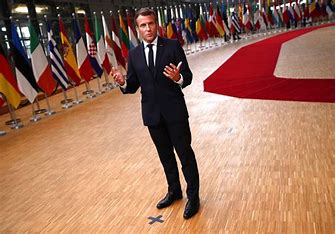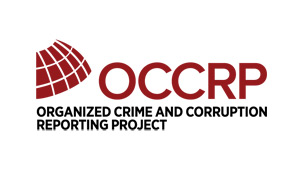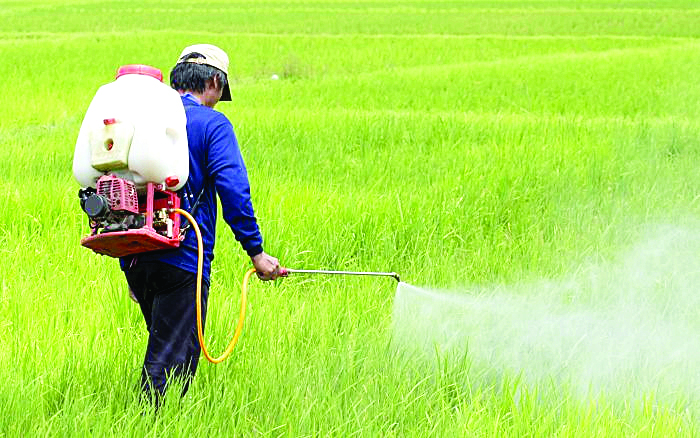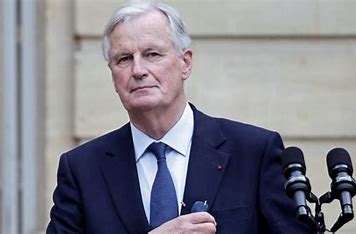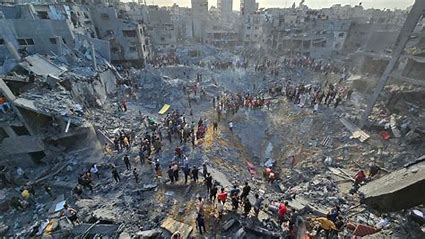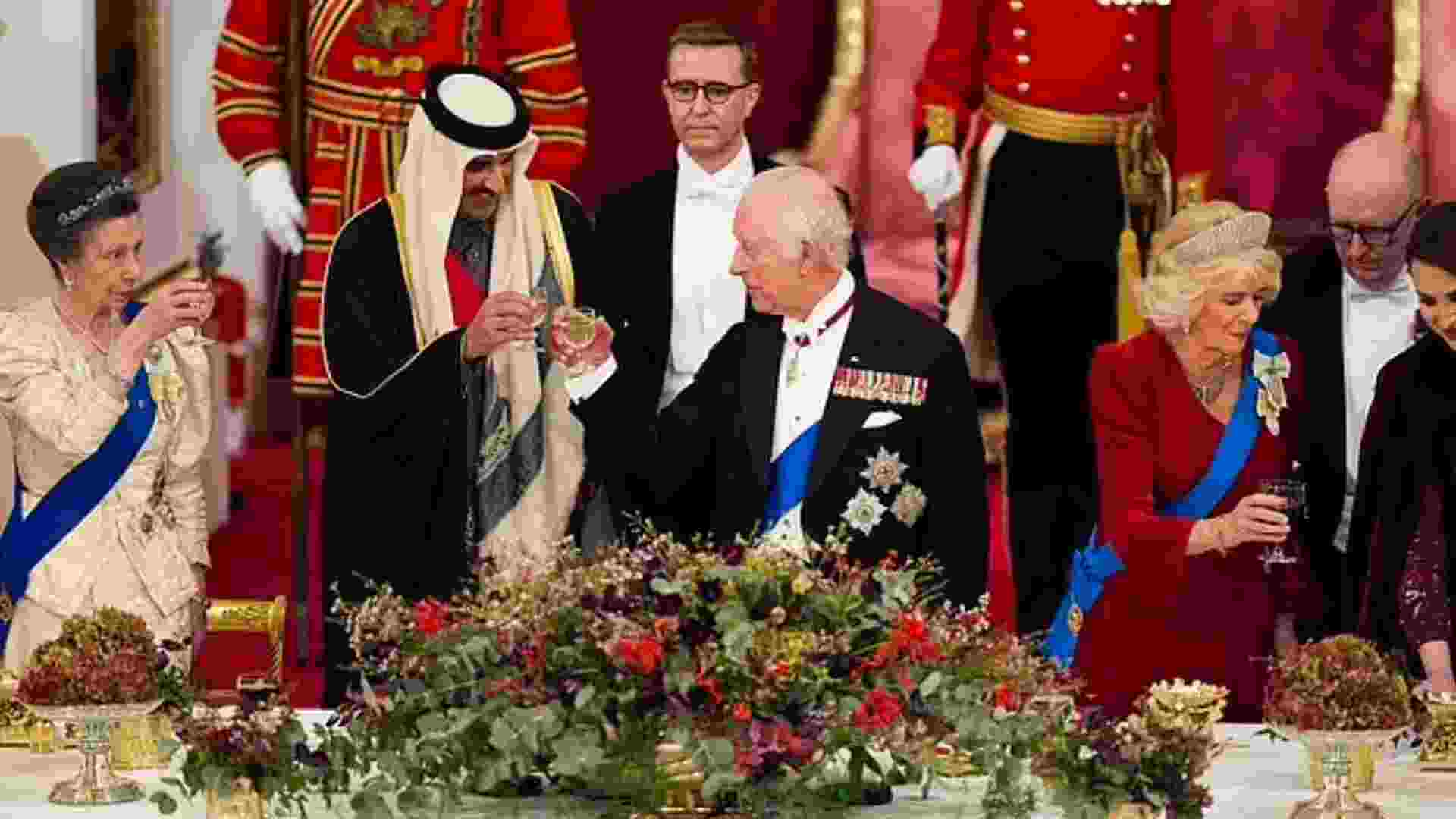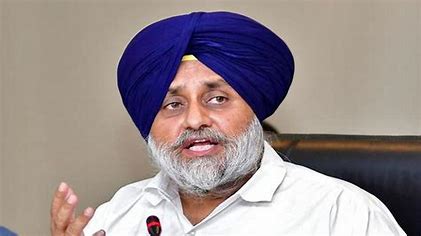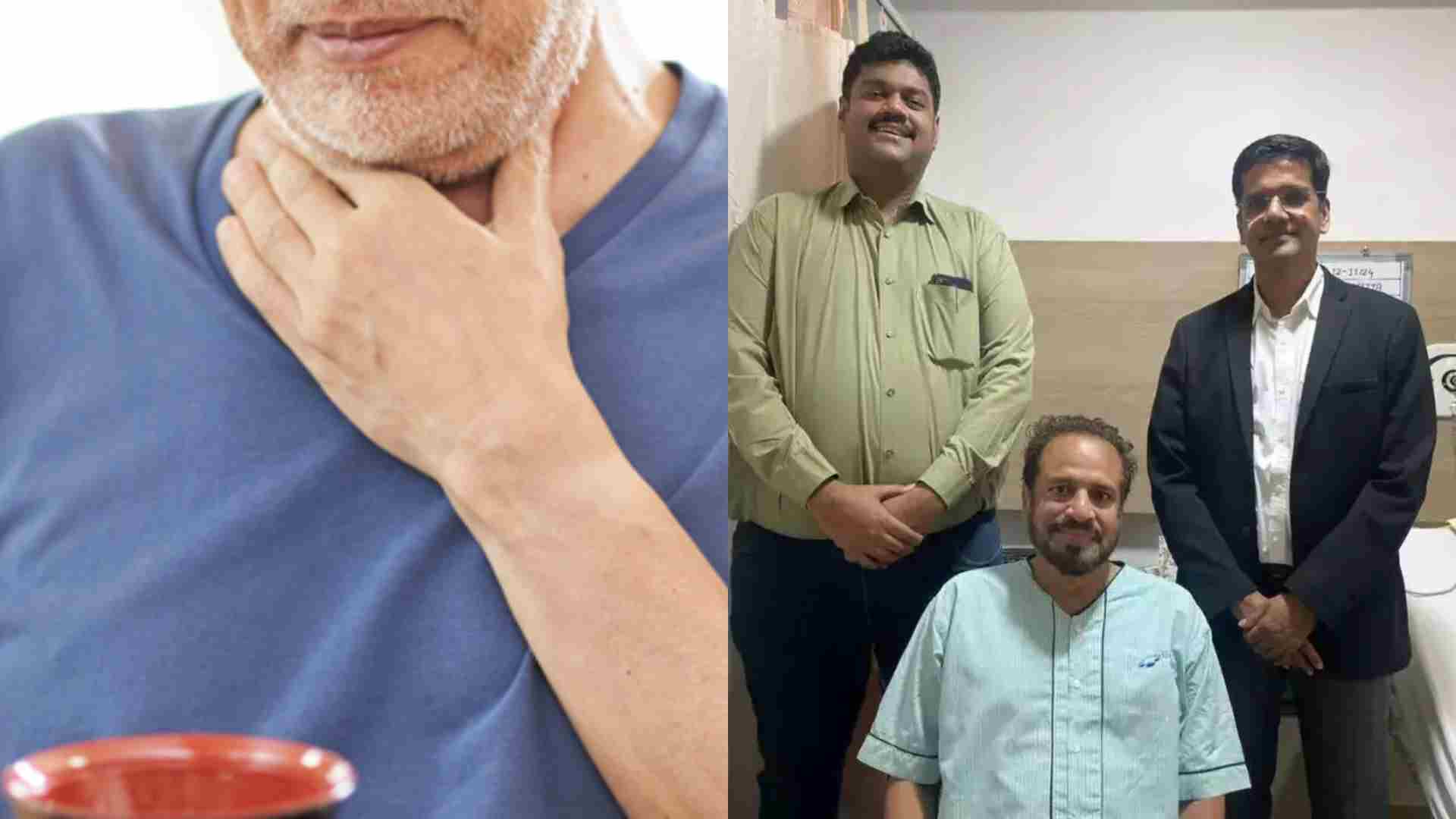
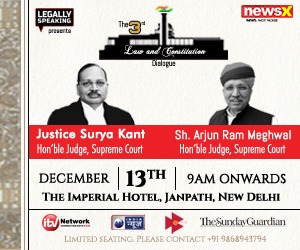
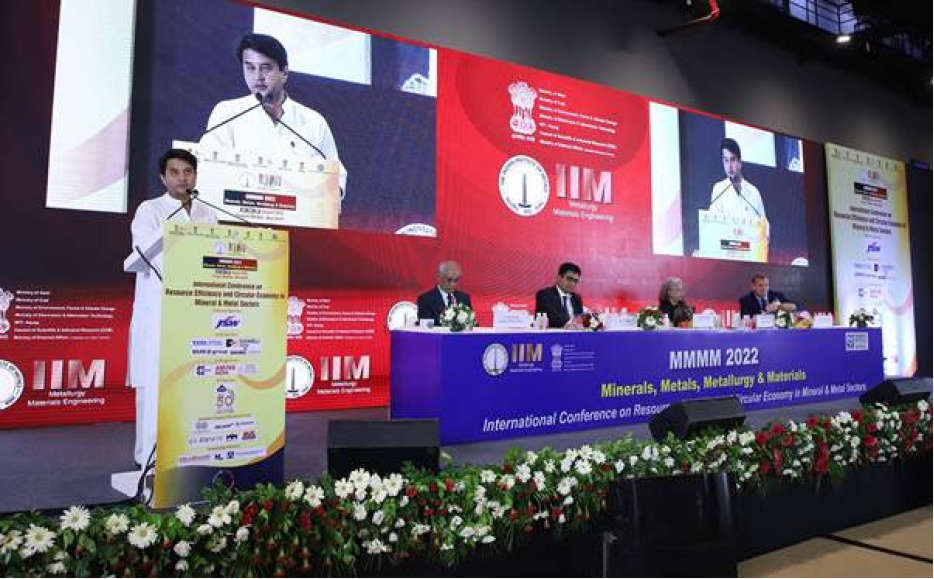
Majority of our natural resources are finite therefore it is critical that the world finds environmentally and economically viable way of using these scarce resources, said Union Minister for Steel and Civil Aviation Jyotiraditya M. Scindia at the International conference on Circular Economy and Resource Efficiency, organized by the Indian Institute of Metals Delhi Chapter here today. Chairman of SAIL, Soma Mondal, Ulrich Greiner Pachter, CEO, Region India & Asia Pacific, SMS Group, Dr S.K.Jha, CMD, MIDHANI, Dr. mukesh Kumar, Chairman,IIM, Delhi Chapter and delegates from Mineral and Metal Sector were present in the conference.
Scindia highlighted that the consensus seems to have emerged across the globe that circular economy is the only way towards conservation of resources. We must understand that the future of humanity cannot be built on a ’take-make-dispose’ model i.e., Linear Economy. Metal sector needs to be at the forefront of circular economy model in view of its pervasive applications besides the inherent potential of metals to be amenable and adaptable to business models following 6R principles of Reduce, Recycle, Reuse, Recover, Redesign and Remanufacture, the Minister further added.
The Minister recalled Prime Minister Narendra Modi’s address on 15th August 2021 in which He emphasized on the urgent need of Circular Economy Mission. In his address, the Prime Minister had exhorted that circular economy is the need of the hour, and we must make it mandatory part of our lives in due to fast depletion of natural resources to meet the needs of modern economy.
Scindia added that metal industry is highly energy intensive industry and thus cause large carbon emission, which is a major challenge for the global community thus we have to adapt new technologies to achieve the goal of zero carbon emission. We all agree that in today’s technological dominated world, nothing is waste and all so-called wastes can be converted into resources for wealth creation by adoption of suitable technology, the Minister stated.
India’s Mining & Metal sector is set for robust development in view of expected jump in demand to support the emerging boom in growth in the automotive, infrastructure, transport, space and defence. The challenge in this fast-paced world is to confront the by-products of sectors such as steel, which is at the same vital for economy and on the other hand is hard to abate sector with respect emission of carbon dioxide. Steel Makers across the globe are set on course to evolve suitable strategies to tackle the twin challenges of environmental sustainability and circular economy.
The Minister said, the Government of India has taken timely initiative through NITI Aayog by forming 11 committees to promote Circular Economy in various sectors including Metals sector covering Ferrous and non-Ferrous metals.
Shri Scindia apprised that Ministry of Steel is working as a nodal agency and has already prepared a detailed roadmap for promoting circular economy in Metals sector covering all facets of production from mining to finished metal production and their recycling / reuse including utilization of all wastes and by-products generated in the process.
Minister highlighted that the circular economy is much more than recycling. A very large part of our energy consumption, and therefore the related greenhouse gas emission is closely linked to the extraction, processing, transportation, use and disposal of materials. Circular strategies such as circular design, material efficient production, reuse, repair and recycling lead to saving in material consumption and reduce greenhouse gas emission. By focusing on maximum value retention and closing the material recycle, the circular economy possesses a robustness that will help in dealing with drastic changes caused by the climate change. These moves will have multiple benefits for the nation and have a multiplier effect on the GDP due to associated supply chain as well as consumption related industries besides creating large employment opportunities both directly within the plant and indirectly in associated industries.
The Minister said that India has increased installed capacity of production of steel by 50% to 155 million tonnes in Financial Year 2022 from around 100 million tonnes in financial year 2014. During this period of eight years per capita consumption of Steel also has gone by almost 50% to 77 kg per capita today. Steel Industry is on a steady growth path led by government of India’s Investor friendly policies in addition to government’s focus on strengthening the infrastructure of the country. Revolutionary changes have brought in the Mineral and metal sectors and today India is now 2nd largest steel producer in the world, Shri Scindia also said.
Scindia hoped that the Indian Institute of Metals, Delhi chapter to come out with recommendations from the deliberations at this international conference on this important subject which shall help the industry to move towards Zero Waste and Zero Harm approach.
Ulrich Greiner Pachter, CEO, Region India & Asia Pacific, SMS Group said that India’s Steel Industry has changed a lot towards positive growth.
The Chairman, SAIL, Ms Soma Mondal said that research suggests green house gas emissions in the atmosphere can only be decreased by approximately 50% through Carbon reducing operational efficiencies and widescale implementation of renewable energy solutions. The remaining 50% must come from the transformation in how we produce and consume resources. Thus businesses will have to play leading role in this new economic structure, spearheading innovation for change to protect the planet and create new value. Ms Mondal highlighted that nothing is waste. She also added that about 200 delegates are attending this conference.
